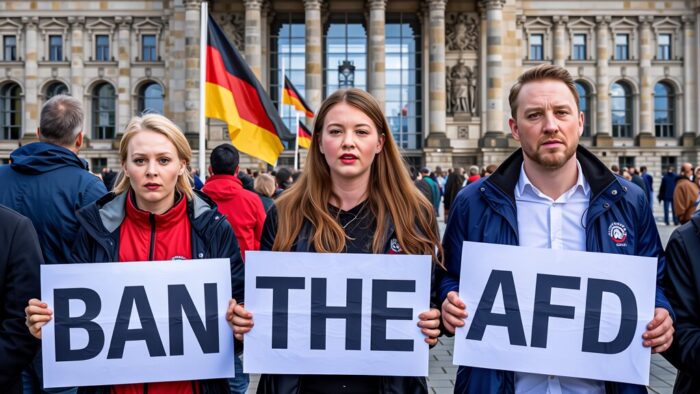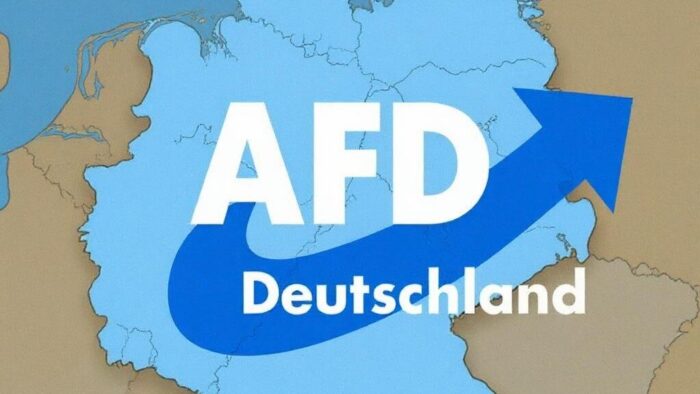The German domestic intelligence agency has uncovered alarming growth in radical membership within the country’s largest opposition party. On June 10, 2025, Reuters reported that Germany’s domestic intelligence agency found the number of extremists within the Alternative for Germany party surged 77% to 20,000 members, while right-wing motivated crimes jumped 47.4% nationwide, including increases in attempted murders and arson attacks. The article begins:
Germany’s biggest opposition party the Alternative for Germany is harbouring a growing number of right-wing extremists, the domestic spy agency said in its annual report on Tuesday, reporting also a surge in overall crime motivated by right-wing extremism. The number of extremists within the AfD, which came second in a federal election in February, rose by 77% last year to 20,000 in tandem with a growth in party membership and its shift rightwards, the agency said.
Key Points
- The domestic intelligence agency classified the entire AfD as “extremist” based on a 1,100-page expert report, though the party has legally challenged this designation.
- Party statements frequently included xenophobic and anti-Muslim positions, accusing migrants from Islamic countries of cultural incompatibility and criminal inclinations.
- Thuringia AfD leader Björn Höcke made statements attacking Germany’s constitutional order, claiming elections could “lead to the implosion of the cartel party system.”
- Right-wing extremist crimes nationwide increased dramatically, with attempted murders rising from 4 to 6 cases and arson attacks from 16 to 23 incidents.
Germany, AFD, and National Conservatism: Influence, Alliances, and Controversies
The Alternative for Germany (AfD) has emerged as a central force in the surge of national conservatism in Germany, with its recent extremist label by German intelligence igniting a constitutional crisis and intensifying debates about the boundaries of democratic governance. The AfD’s ascent is characterized by deepening ties with Hungary’s Fidesz and active participation in transnational far-right events, reflecting its role as a conduit for nationalist and anti-globalist narratives. This position has also led to diplomatic tensions with the United States, as U.S. officials have criticized Germany’s surveillance of the party. The AfD’s influence is further amplified by Russian-backed disinformation campaigns, with investigations confirming that Russian operatives have cultivated relationships with AfD politicians to undermine support for Ukraine and destabilize German democracy. These trends are part of a broader European shift, as national conservatism gains ground amid economic anxiety and anti-immigrant sentiment, with the AfD poised to become the second-largest party in the German parliament and labeled as “anti-constitutional” by the domestic intelligence agency. Russian disinformation operations, such as the Doppelgänger campaign, have targeted German voters to boost the AfD and discredit its rivals. The AfD’s ideological radicalization and operational alliances underscore its significance within a transnational network challenging the liberal democratic order.
External References:
-
Katya Adler: Far right looks for breakthrough in Germany’s election
-
Far-Right AfD Is Labeled Extremist by Germany’s Intelligence Agency
-
Russia’s disinformation operations resurface ahead of German election
Disclaimer
The Global Influence Operations Report (GIOR) employs AI throughout the posting process, including generating summaries of news items, the introduction, key points, and often the “context” section. We recommend verifying all information before use. Additionally, images are AI-generated and intended solely for illustrative purposes. While they represent the events or individuals discussed, they should not be interpreted as real-world photography.











